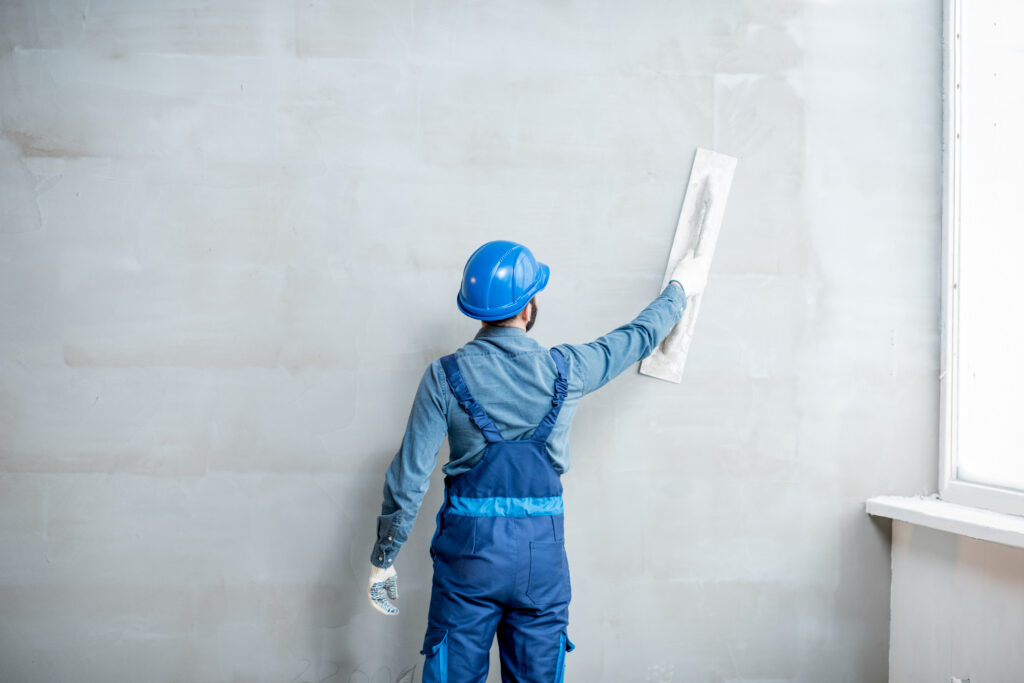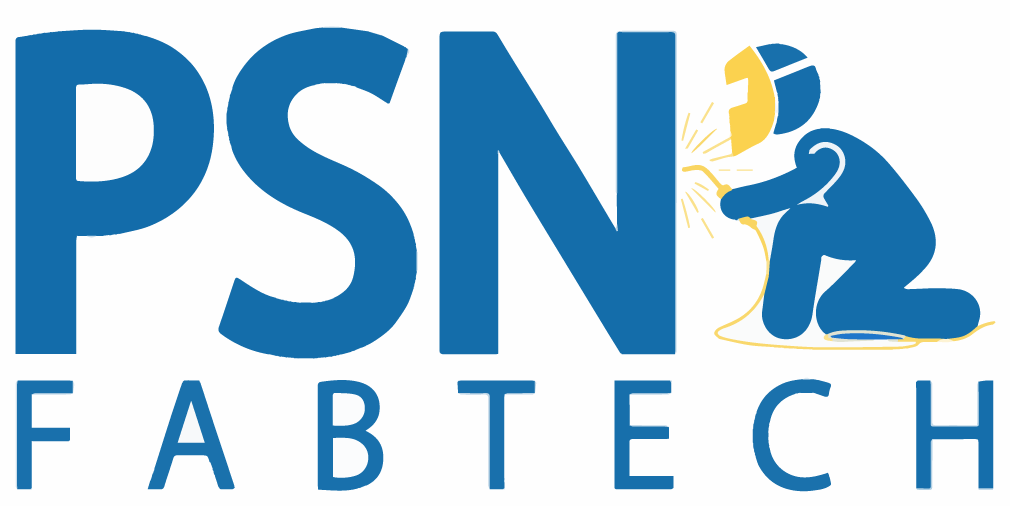- Home
- Post
Post
Boost Construction Efficiency: Manual vs. Machine Plastering

Boost Construction Efficiency: Manual vs. Machine Plastering
The construction industry has always sought ways to optimize productivity and reduce project timelines. One area where advancements have significantly impacted efficiency is plastering. The choice between manual plastering and machine plastering can make a substantial difference in the speed and quality of a project. Let’s analyze productivity data to understand how these methods stack up against each other.
Manual Plastering: The Traditional Approach
Manual plastering has been the go-to method for decades. It’s labor-intensive and relies heavily on the skill of masons and helpers. Here’s how productivity measures up:
- 1 Team (3 masons + 3 helpers): 300 sq.ft/day
- 10 Teams (30 masons + 30 helpers): 3,000 sq.ft/day
- Monthly Productivity (30 days): 90,000 sq.ft
While manual plastering provides a sense of control and precision, it’s time-consuming and less efficient for large-scale projects.
Machine Plastering: The Modern Solution
Machine plastering, powered by Automatic Rendering Plastering Machines (ARPMs), has revolutionized the industry. By mechanizing the application process, it delivers remarkable productivity gains:
- 1 Team with 1 ARPM (3 masons + 3 helpers): 1,200 sq.ft/day
- 10 Teams (30 masons + 30 helpers): 12,000 sq.ft/day
- Monthly Productivity (30 days): 360,000 sq.ft
This method is four times more productive than manual plastering, making it ideal for large-scale projects or tight deadlines.
Key Comparisons
Factor | Manual Plastering | Machine Plastering |
Daily Productivity (1 Team) | 300 sq.ft | 1,200 sq.ft |
Daily Productivity (10 Teams) | 3,000 sq.ft | 12,000 sq.ft |
Monthly Productivity | 90,000 sq.ft | 360,000 sq.ft |
Efficiency | Baseline | 4x Faster |
Benefits of Machine Plastering
- Increased Speed: With 4x the productivity, machine plastering significantly reduces project timelines.
- Cost Efficiency: Faster completion can lower labor costs and improve resource utilization.
- Consistency and Quality: Machines ensure uniform application, reducing errors and rework.
- Reduced Physical Strain: Mechanized processes ease the workload on laborers, improving job satisfaction and safety.
When to Choose Manual Plastering?
While machine plastering is highly efficient, manual plastering still has its place, particularly in:
- Small-scale or intricate projects requiring fine detail.
- Areas with limited access where machines cannot be used.
- Projects where budget constraints make machine rental unfeasible.
Conclusion
The data clearly illustrates the superior efficiency of machine plastering. By adopting this modern approach, construction companies can save time, reduce costs, and deliver high-quality results. However, the choice ultimately depends on the project’s scale, complexity, and budget. Embracing innovative solutions like machine plastering is a step towards a more productive and sustainable construction industry.
